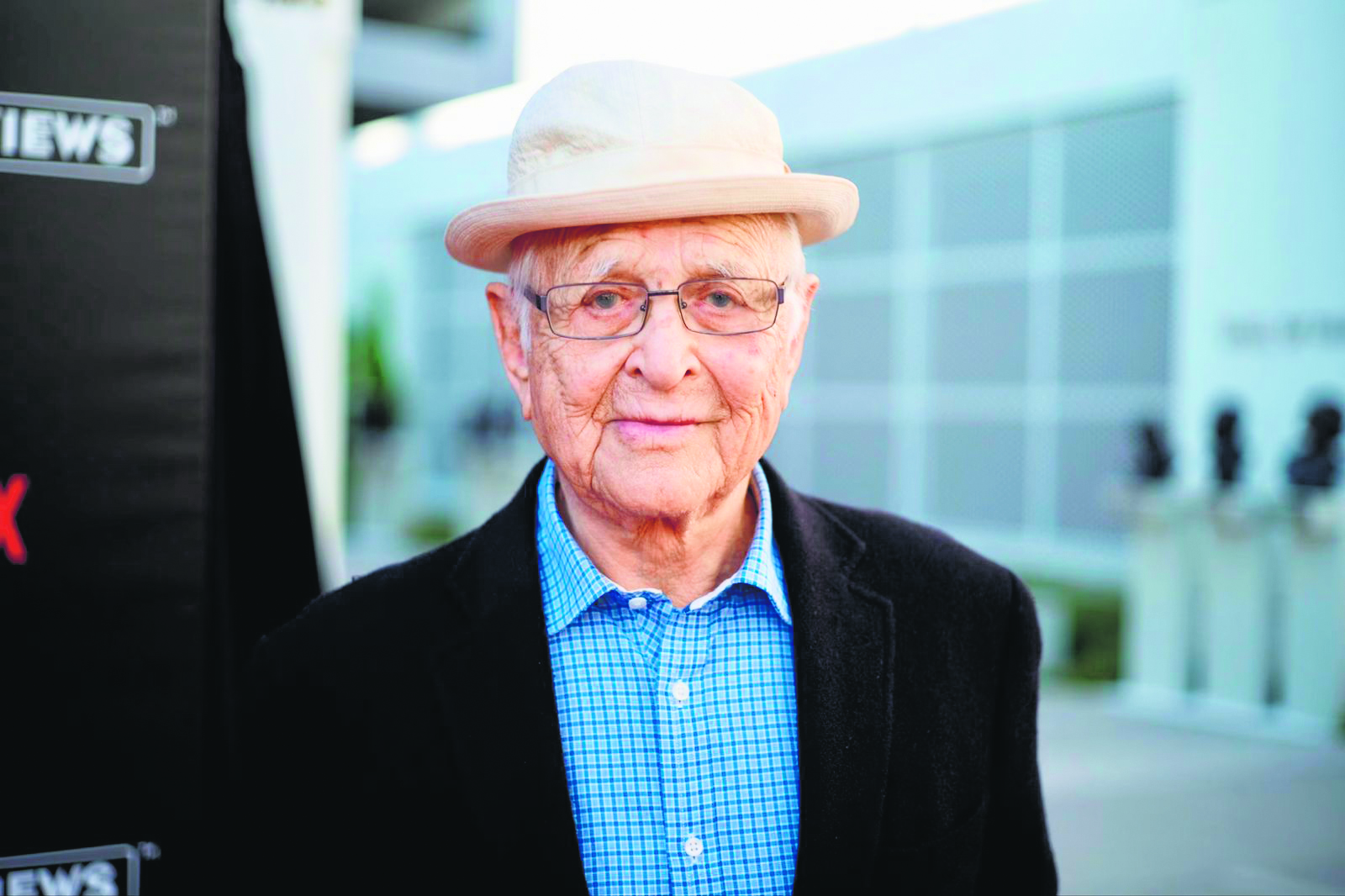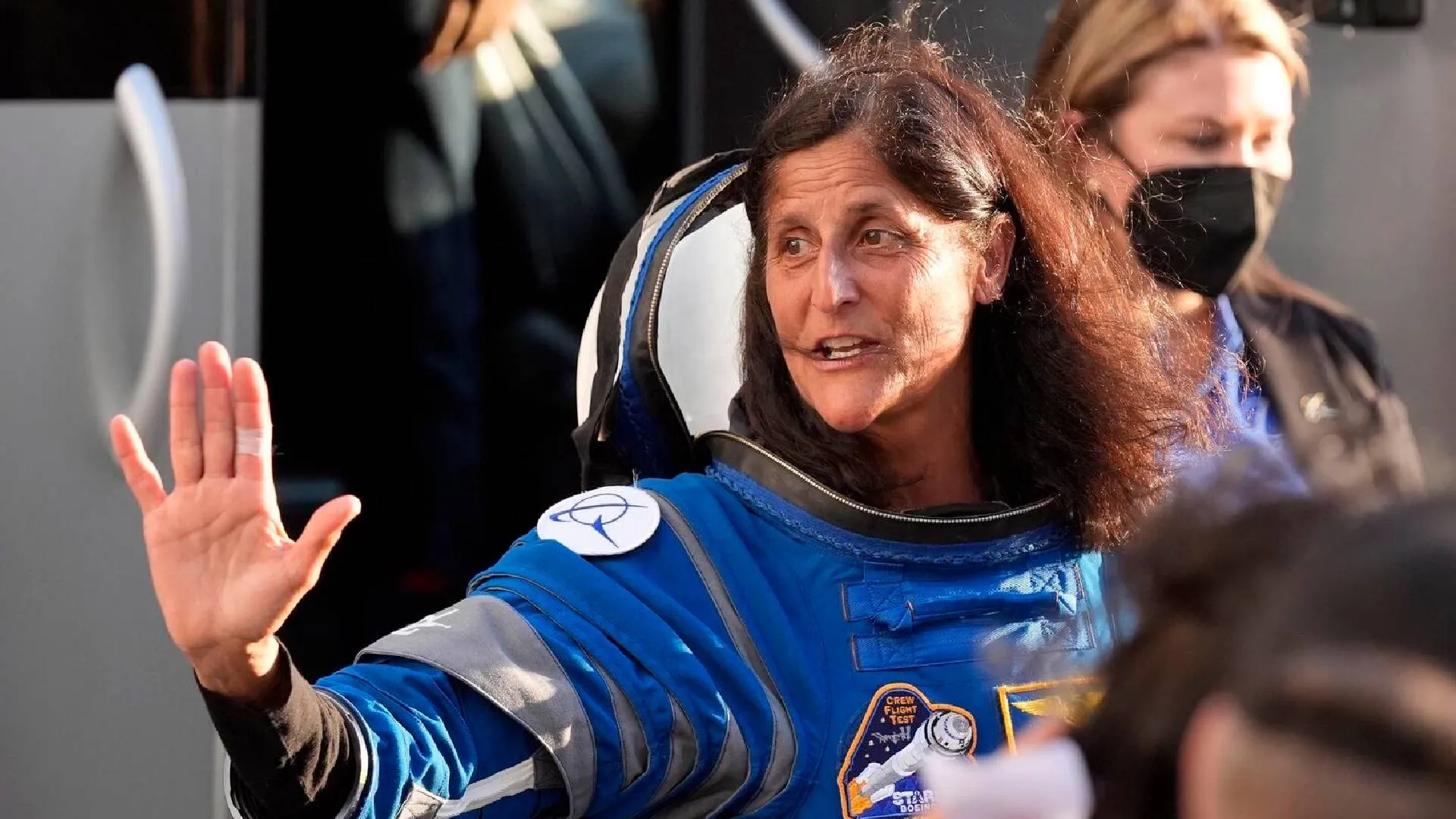Norman Lear, writer-producer-developer, who revolutionised American comedy with such bold, hugely popular early—’70s sitcoms such as “All in the Family” and “Sanford and Son” died on Tuesday. He was 101, reported Variety.
Lear’s publicist confirmed to Variety that he died of natural causes at his Los Angeles residence. A private service for immediate family members will be held in the coming days.
According to Variety, “Thank you for the moving outpouring of love and support in honour of our wonderful husband, father, and grandfather,” Lear’s family said in a statement. “Norman lived a life of creativity, tenacity, and empathy. He deeply loved our country and spent a lifetime helping to preserve its founding ideals of justice and equality for all. Knowing and loving him has been the greatest of gifts. We ask for your understanding as we mourn privately in celebration of this remarkable human being.”
When Lear came up with the idea for a new sitcom based on a popular British show about a conservative, outspokenly bigoted working-class man and his fractious Queens family, he had already established himself as a top comedy writer, having received an Oscar nomination for his screenplay for “Divorce American Style” in 1968. “All in the Family” was an instant smash, reportedly with viewers of all political stripes.
Lear’s shows were the first to address the important political, cultural, and social issues of the day—racism, abortion, homosexuality, and the Vietnam War—by incorporating incisive new wrinkles into the classic domestic comedy formula.
Two 1977 episodes of “All in the Family” dealt with the attempted rape of lead character Archie Bunker’s wife Edith.
Their fresh outrageousness made them into great ratings successes: “Family” and “Sanford”, both based on a Los Angeles Black family, rated first and second in the country for a while. “All in the Family” spawned no less than six spin-offs.
“Family” received four Emmys in 1971-73, as well as a Peabody Award in 1977 for Lear, “for giving us comedy with a social conscience.” (In 2016, he got a second Peabody Award for his career achievements.)

















